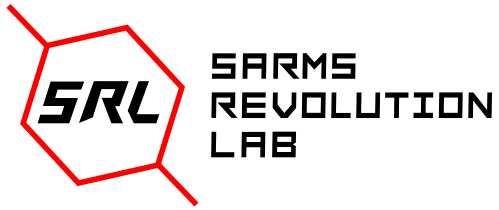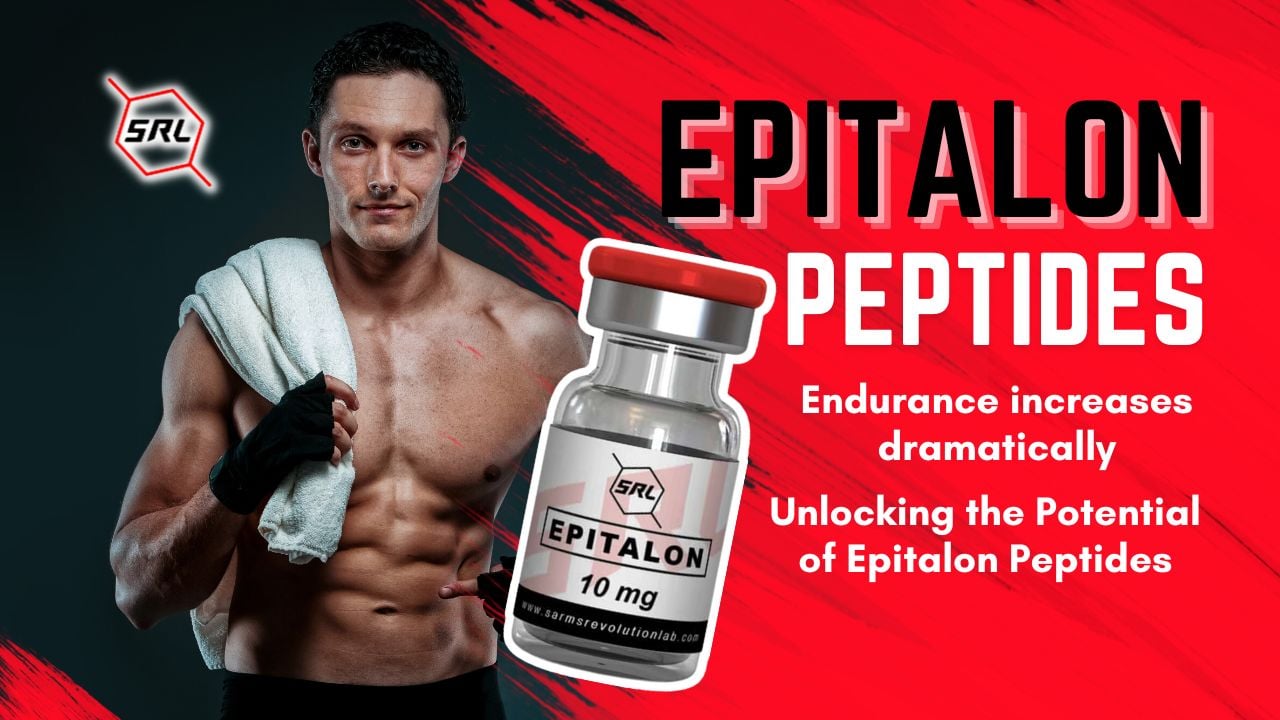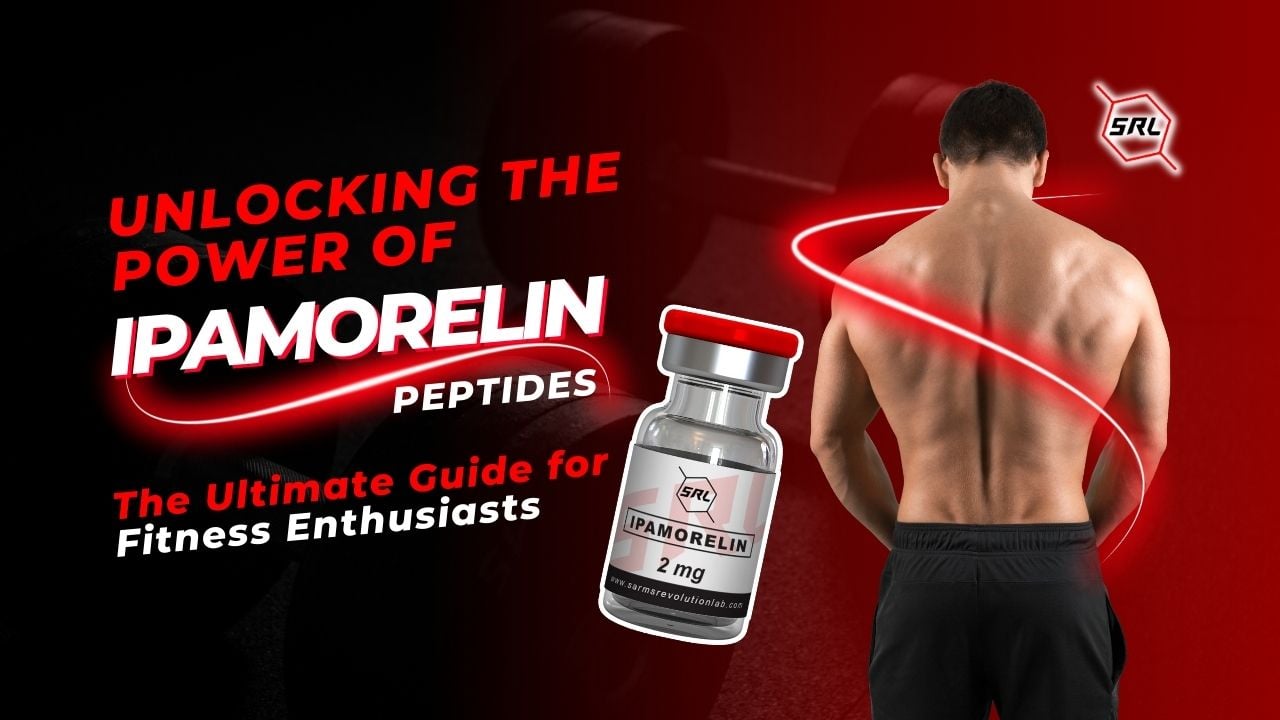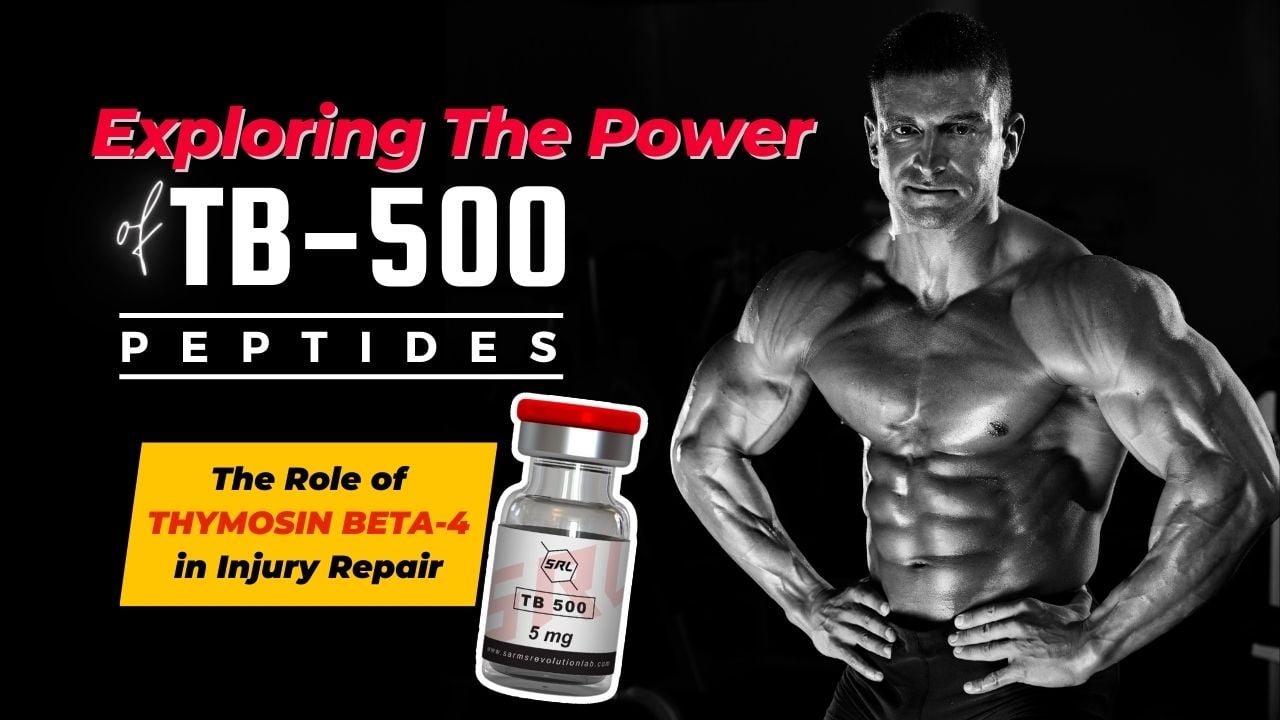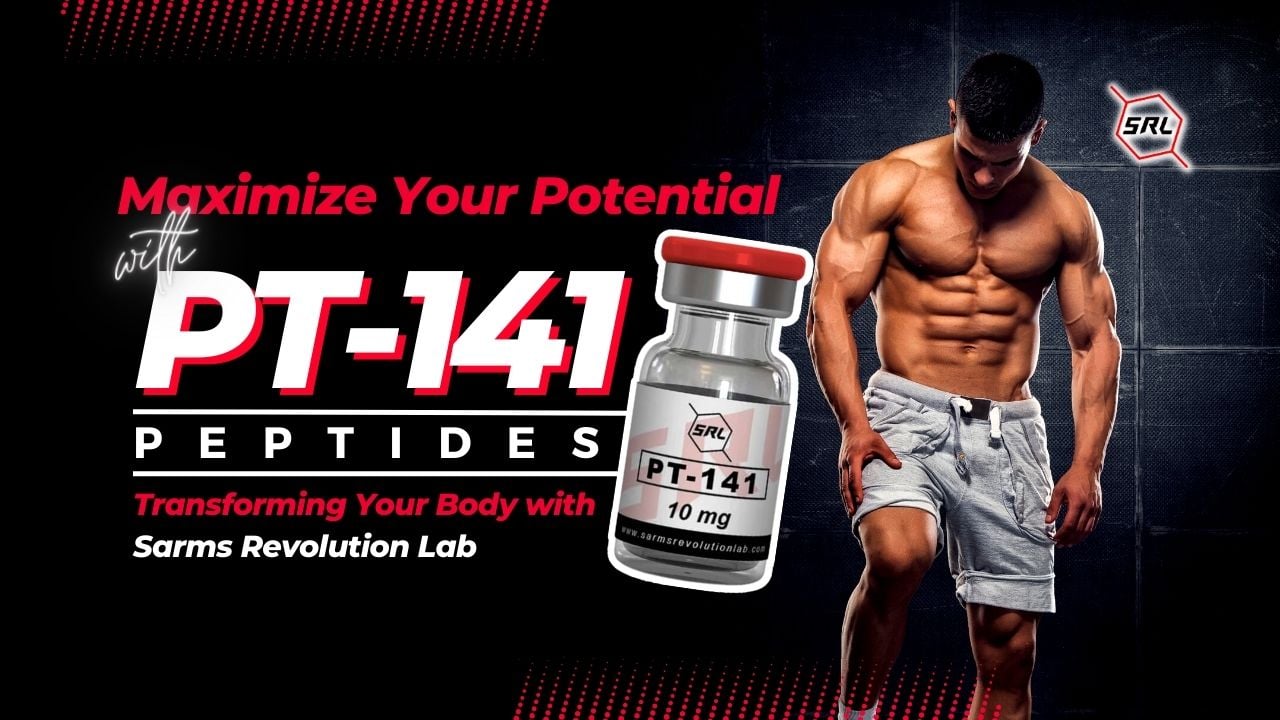
Selective Androgen Receptor Modulators (SARMS) are a group of androgen receptor modulators that have a pro-performance and anabolic action. These marvels of modern science often combine very well with dietary supplements, which are used to help recovery, fill our deficiencies, help athletic performance and some are excellent for their therapeutic benefits. However, no one can enjoy the full effects of these without having good vital hygiene in general. No impressive skyscraper is successfully erected without a solid foundation! And for humans, a big part of this foundation is the quality of our food.
Human Nutrition
Nutrition plays an essential role if you want to progress in bodybuilding. Considered the fuel for your body and muscles, nutrition can improve your strength and performance while helping you achieve your goals of fat loss, muscle gains and better overall health. Healthy nutrition is therefore a pillar to take into account if you want to improve your physical condition. Before consuming food supplements and performance products, it is imperative to adopt a balanced diet adapted to your goals. Choose solid food before supplementing yourself.
Having a suitable and pre-established nutrition lets you know what you are eating, all in precise dosages according to your objectives. It is often recommended to eat natural and minimally processed foods. It’s not for nothing that bodybuilding and nutrition are often incorporated together for better physical and performance results. Nutrition in bodybuilding therefore requires adapting a specific diet for visible results.
A few keys point
There are a few key points to respect such as eating a serving of protein and vegetables with each meal, eating good fatty acids, eating regularly every 3 hours or so, limiting the intake of sodas and alcohol and mostly eat solid meals. For some, overeating is one of the primary causes of poor health. The human body has much more difficulty managing the excess calories than the deficit, especially in a sedentary human.
To exercise intermittent fasting (being the action of spending a number of hours without eating more than usual, between 12 and 16 hours including the night) or simply to reduce caloric intake and increasing the quality of food causes a system to be unloaded and rested. These techniques are optimal for people with excess body fat. The more you are overweight, the less testosterone you naturally produce.
Nutrition, or diet, is made up of macronutrients (proteins, lipids and carbohydrates) which must be totalled and then consumed according to your goals, your areas for improvement and your body weight. It is then sufficient to consume the food based on their caloric intake, their quality and their benefits. A balanced intake of these 3 macronutrients is essential to perform while ensuring your overall good health. Carbohydrates are essential nutrients for athletes, they have an essential energy role, whether in endurance sports, short and intense efforts or pure bodybuilding. As part of a basic sports diet, carbohydrates should cover almost half of the daily diet. In terms of Glycemic Index (GI), we can group carbohydrates into 3 categories:
• High GI carbohydrates: sugar, honey, dates, rice cakes, white potatoes, confectionery, etc.
• Medium GI carbohydrates: banana, melons, apricots, white bread, white rice, black or red beans, quinoa, etc.
• Low GI carbohydrates: apples, pears, green vegetables, red or coral lentils, sweet potatoes, oranges, kiwi, etc.
Carbohydrates with low GI are to be favored within the framework of the practice of endurance sport, because they are assimilated slowly and gradually by the body.
Carbohydrates with a high GI are to be preferred during intense efforts because they provide energy quickly and cause blood sugar levels to rise rapidly. However, abusing the consumption of these types of carbohydrates causes resistance to their assimilation by our cells and therefore limits their energizing effects and leads to fat gain.
Proteins are involved in the construction and reconstruction of the body. They are found in meat, pulses, eggs, fish, cereals, dairy products, etc.
In old-style sports nutrition, proteins should cover 10 to 15% of total daily food servings. This ratio can be doubled for athletes who must maintain, develop, build and recover their muscles.
High intensity sports such as powerlifting, crossfit, sprinting or weight training in hypertrophy well performed frequently require a high consumption of quality protein for the athlete. As part of the diet of the great sportsman, lipids must cover 30 to 35% of the daily food ration. It then takes 1.8 to 2 grams of protein per kilo (1 gram per lb) of body weight per day with a balanced supply of amino acids, including the essential divided amino acids, also known as BCAAs. Those can be consumed as dietary supplements in the form of a powder mixed with water. Their practicality is to prevent a body in action from eroding its protein reserves especially in an individual being on a low-calorie diet. The consumption of these amino acids helps in immediate recovery during exercise. They are called essential because the human body cannot create them by itself and must therefore obtain them from a food source.
Increase vegetables and fruits, slightly decrease starch intake, until completely for some. Limit sugar and its derivatives such as chemical sweeteners, do not skip meals but on the contrary distribute the food intake well throughout the day. Limit bad fats such as fatty meats, cold meats, dairy products including cheese and butter; avoid foods that combine the presence of carbohydrates and fats such as pastries, pizzas, too fatty pastries. But be careful, however, you must bring certain fats because testosterone is made in part from fats, good fats. These macronutrients have an important energy role thanks to their rapid digestion and their regenerative properties. Especially when practicing resistance or endurance sports activities, where efforts last up to several hours.
Lipids are composed of different fatty acids:
• Unsaturated fatty acids: fatty fish, vegetable oils, nuts, etc.
• Saturated fatty acids: animal fat, dairy products, coconut oil, etc.
• Trans fatty acids: cookies, crisps, pastries, fast food, etc.
Whether you are athletic or not, you must above all promote unsaturated fatty acids (good cholesterol) and avoid trans and saturated fatty acids from animal sources. These bad cholesterols are difficult for our bodies to assimilate, cause enormous damage to the cardiovascular system in the long term and provide little energy compared to good sources of lipids.
Eating foods containing unsaturated fatty acids is a healthy and active way to take care of our entire system. Supplementing with fish oil is a huge help in achieving optimal health and energy levels. The omega3 that we find there brings us multiple benefits such as the proper functioning of the cardiovascular, cerebral, inflammatory and hormonal systems, among others.
The 3 types of enzymes
Enzymes play a crucial role in our digestion and in the maintenance of our body.
Metabolic enzymes, emitted by the organism, maintain each cell, tissue, and organ of which we are made up and allow each organ to fulfill its functions.
The digestive enzymes, coming from our body, allow us to digest food. Their function is to assimilate food and to drive nutrients into the bloodstream to be used in general body functions. The digestive enzymes are present throughout the digestive system: in the saliva secreted by the salivary glands, in the stomach, in the pancreatic fluid and in the small intestine. For some sports enthusiasts who ask to consume a large amount of food each day, taking digestive enzymes as a supplement can be a tool that can help them digest this food overload.
Food enzymes, brought by food, are existing in fresh and raw food, and they collaborate in the work of digestion. They help digestion without compromising your metabolic enzyme capital. This is why it is so important to keep them and avoid destroying them by cooking, as they are very sensitive to heat. Only a slight cooking above 47.6 degrees Celsius destroys enzymes of this type contained in food, mainly in plants. Hence the importance of consuming good quality raw or cooked food at low temperatures at least every day.
Managing the pH of the organism
An important factor in good health that can be managed through food is our acidity level, especially for our blood and our entire digestive system. A balanced pH level is very important for our overall health. Many chronic, acute, and health conditions can be linked to excessively high blood acidity. Arthritis, osteoporosis, joint pain and weakness of the structural system are a few examples.
Aware of all the harmful effects of acidity on our health, many are turning to the increasingly preferred alkaline diet. This way of eating aims to maintain the acid-base balance in our body. When there is an imbalance, health problems can arise.
First, note that the pH is measured on a scale of 1 to 14: 7 being considered as a neutral pH. Below the number 7, the pH is acidic, while a number above 7 means that the pH is alkaline. The normal pH of blood and cellular body fluids is between 7.35 and 7.45. It is therefore very slightly alkaline.
Our bodies are put to the test when we consume acidifying foods such as meats, fish, cold meats, condiments, sugars, alcohol, coffee, dairy products, refined cereals and products containing food additives. Thus, the organism must go and dip into its mineral reserves, possibly leading to demineralization.
High acidity slows metabolism, shocks the intestinal flora, exhausts the body and can lead to certain nervous system disorders. High body acidity can also cause weight gain and even cancer, since this disease develops in acidic territory.
A high level of acidity reduces our ability to absorb nutrients. In addition, toxins are not well eliminated and accumulate in the body. Hyperacidity forces the body to fetch minerals from vital organs and bones in order to reduce and eliminate acidity, which weakens them after a while.
Minerals (potassium, calcium and magnesium) alkalize the body naturally. This is why it is so important for many people to supplement these minerals and eat a considerable amount of fruits and vegetables. Plants, in addition to providing huge benefits in general, are the only foods that are all alkaline themselves.
Hormonal benefits
A healthy diet can contribute to huge gains in performance and muscle mass by playing a role of positive influence on the hormonal level. For example, increasing zinc intake by consuming, among other things, seafood regularly or even liver, broccoli or spinach makes it easier to produce testosterone. Zinc prevents the conversion of testosterone to the female hormone called estrogen. The consumption or supplementation of magnesium or foods rich in magnesium also stimulates the production of testosterone.
Certain fats ease the production of testosterone: basically, a fat called arachidonic acid. By consuming olive oil, 1 or 2 avocados a week and a few almonds, for example, you bring good fats to boost your testosterone.
In conclusion, for a healthy and pro-performance diet it is advisable to choose your foods from the different food groups: vegetables and fruits (at least half the plate), whole grain and undenatured grain products (white), meat and protein substitutes according to our sports goals, our recovery needs and muscle gains, etc. You also need good sources of fat and sufficient hydration. With this food base respected, your sporting goals will never have been more within your reach!
